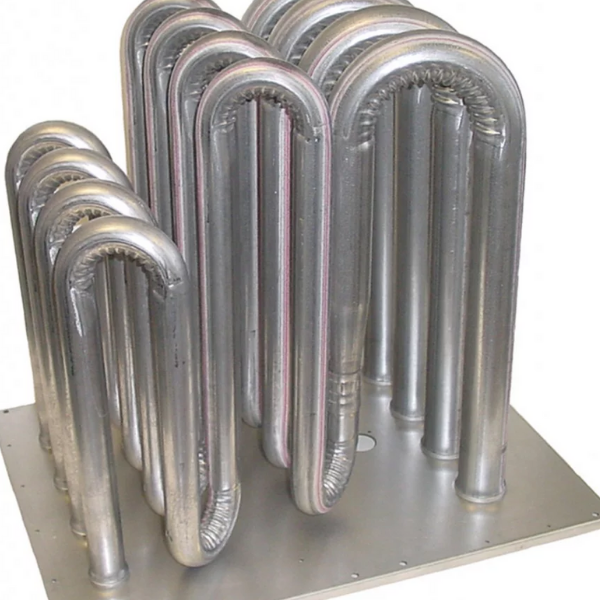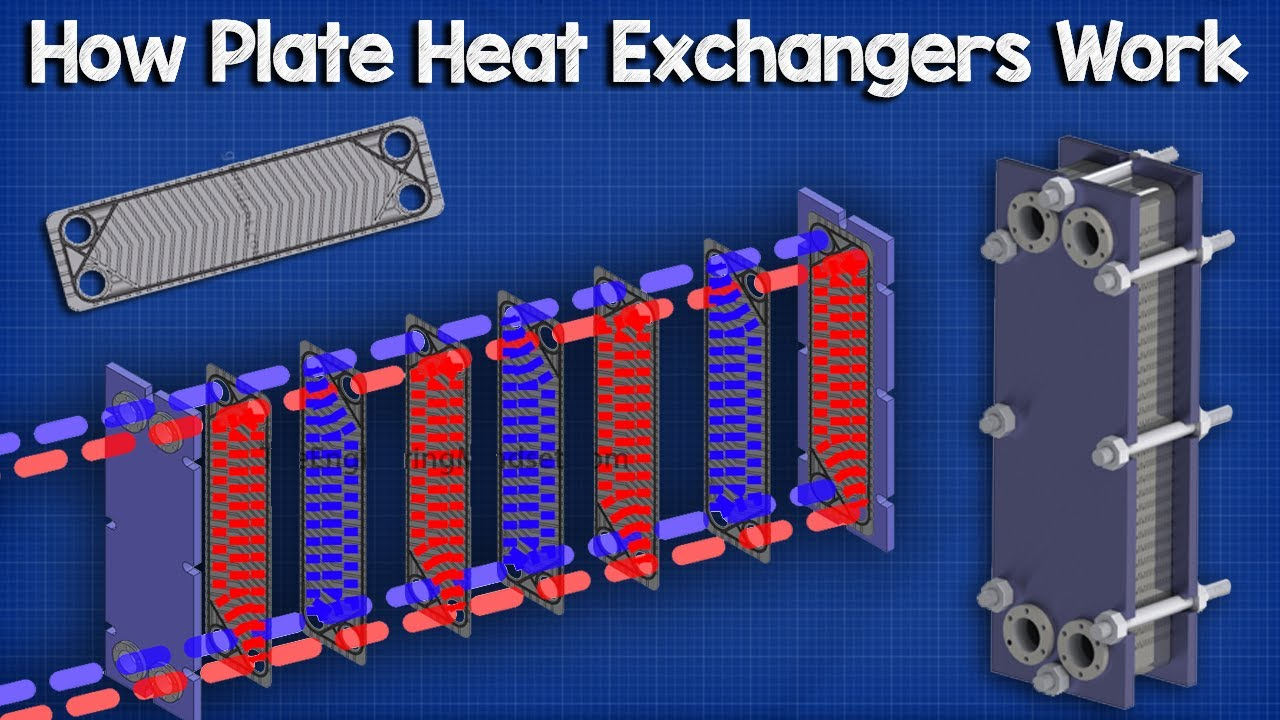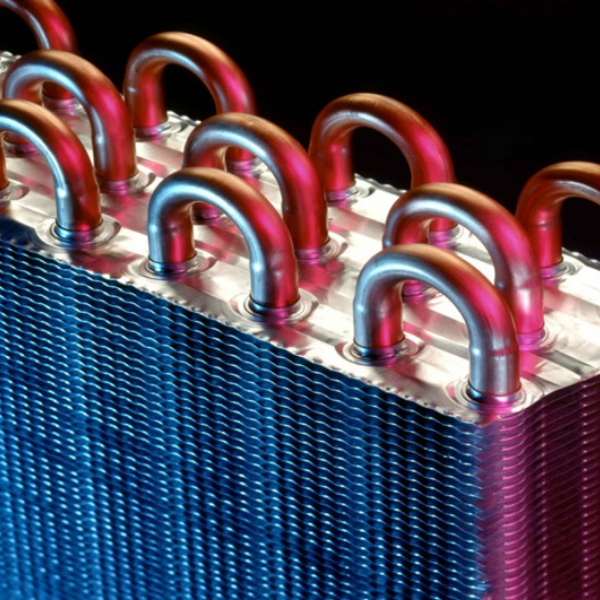7 Salient Features of Furnace Heat Exchanger
Plate furnace heat exchanger with rubber gasket The structure of the gasket-plate furnace heat exchanger consists of a series of thin metals made of Stainless Steel, Titanium, Hastelloy, etc. Which are sealed together with synthetic rubber gaskets and sturdy frames, forming compartments for hot and cold fluids to run Flow compartments/slots are specially designed to produce
How to maintain heat temperature in flow circuit plate pattern?
Flow circuit plate pattern as a type of steam heat exchangers Heat exchangers flow circuit plate pattern represent one of the types of steam heat exchangers and consist of a package of metal sheets provided with holes for the two fluids. The placement of the plates is such that each one takes the form of a channel. The configuration
7 Advantages of Heat exchanger: Common Types & Applications
What is a heat exchanger? A heat exchanger is a device common to exchange heat between one or more heat carriers. Heat sinks may be separated by tubes or plates to prevent mixing or direct contact between the heat carriers. Heat exchanger between two media: First, liquid-liquid. Second, gas (vapor)- gas (vapor). The last one is
What is the function of heat plates in heat transfer area?
Conventional Plates The heat transfer area of exchanger plates offers the most diverse applications. They come with average channels that normally range from 2.2 to 4.0[mm]. Due to the small spacing between the channels, it presents great turbulence and high thermal efficiency. They have a pair of welded plates. Heat transfer area ensures a more efficient sealing and








